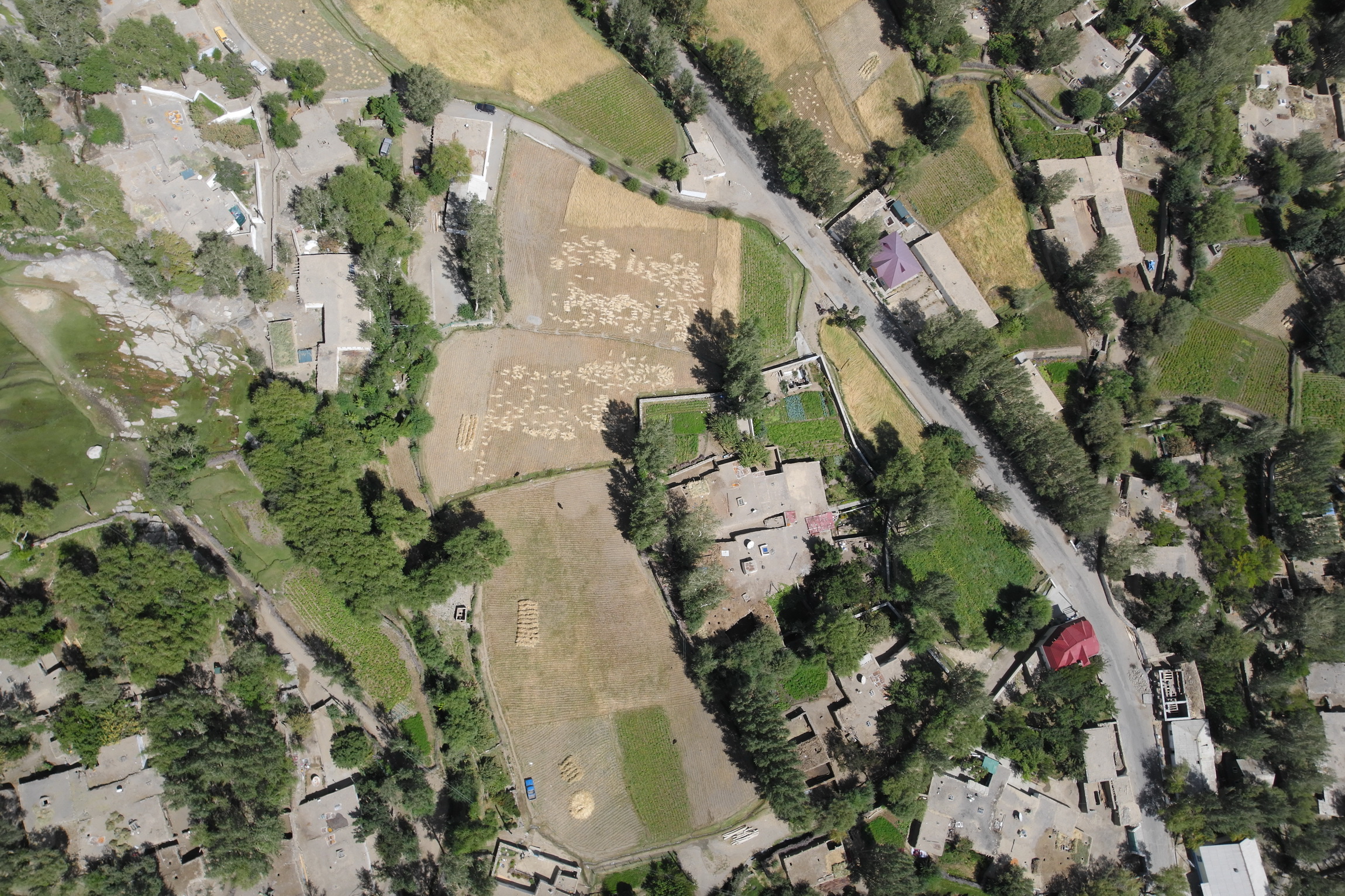A five-day training on the use of hazard assessment and disaster management technologies, including Geographic Information System (GIS) and the application of drones or unmanned aerial vehicles (UAV), was conducted for the specialists of the Emergencies Committee of Tajikistan by the Aga Khan Agency for Habitat (AKAH) last month, according to the Aga Khan Development Network (AKDN).
Considering the geographical complexity and severity of natural disasters in Tajikistan, the use of drones for disaster management is essential for saving lives and rescuing people.
Thirteen staff of the Emergencies Committee reportedly took part at the two-day theoretical sessions, followed by the two days of practical sessions held at the Emergencies Committee training center.
Within the course of the training, the specialists were taught how to use GIS, RS and UAV for hazard assessment, hazard prediction, emergency planning and management and how to make best use of technologies when disaster areas are inaccessible during emergency cases. Developing hazard maps, analysis and interpretation of data obtained from UAV, which are the most important part during emergency cases and emergency response, especially, when it comes to life-saving interventions, was a core part of the training.
Drones can be easily deployed to access hard-to-reach areas. They are utilized for acquiring data during emergencies that is unsafe or impossible for people to carry out. They also provide first responders during emergency cases with opportunities to save time, money and, most importantly, lives.
Taking into account the complexity of the landscape, AKAH initiated the drone training to build the capacity of its specialists on the application of the new technology for disaster assessment, prediction and management efforts. This enabled AKAH to carry out geo-hazards assessments, including assessments of glacial lakes, jointly with Moscow State University in the Gorno Badakhshan Autonomous Region (GBAO), to identify the level of risk from glacial lakes outburst floods (GLOFs) to communities at-risk and proceed with community-based interventions to enhance their resiliency to natural disasters.
On the fifth day of the training, the Emergence Committee chief Rustam Nazarzoda and the Chief Executive Officer of AKAH Tajikistan, Mr. Hadi Husani, paid a visit to the training center to witness the drone simulation exercise, conducted by the training participants.
During the simulation, participants used the knowledge acquired during the training and applied it in a disaster case scenario, where they used drones to assess the disaster affected area and proceeded with analysis of data and images received from the drone, based on which developed the disaster impacted maps.
Mr. Nazarzoda expressed his gratitude for the continuous support provided by AKAH to the Emergencies Committee throughout the long-lasting partnership and emphasized the need to further strengthen this collaboration and address the issues of disaster risk reduction, emergency preparedness and response through joint efforts in the country.
The Aga Khan Agency for Habitat (AKAH), which merges the capabilities of Focus Humanitarian Assistance, the Aga Khan Planning and Building Services, and the Aga Khan Development Network's Disaster Risk Management Initiative, focuses on preparing for both sudden and slow-onset disasters. AKAH works to ensure that people live in physical settings that are as safe as possible from the effects of natural disasters; that residents who do live in high-risk areas are able to cope with disasters in terms of preparedness and response; and that these settings provide access to social and financial services that lead to greater opportunity and a better quality of life. Initially, priority areas of AKAH will include Afghanistan, Pakistan, Tajikistan, Kyrgyzstan and India.




